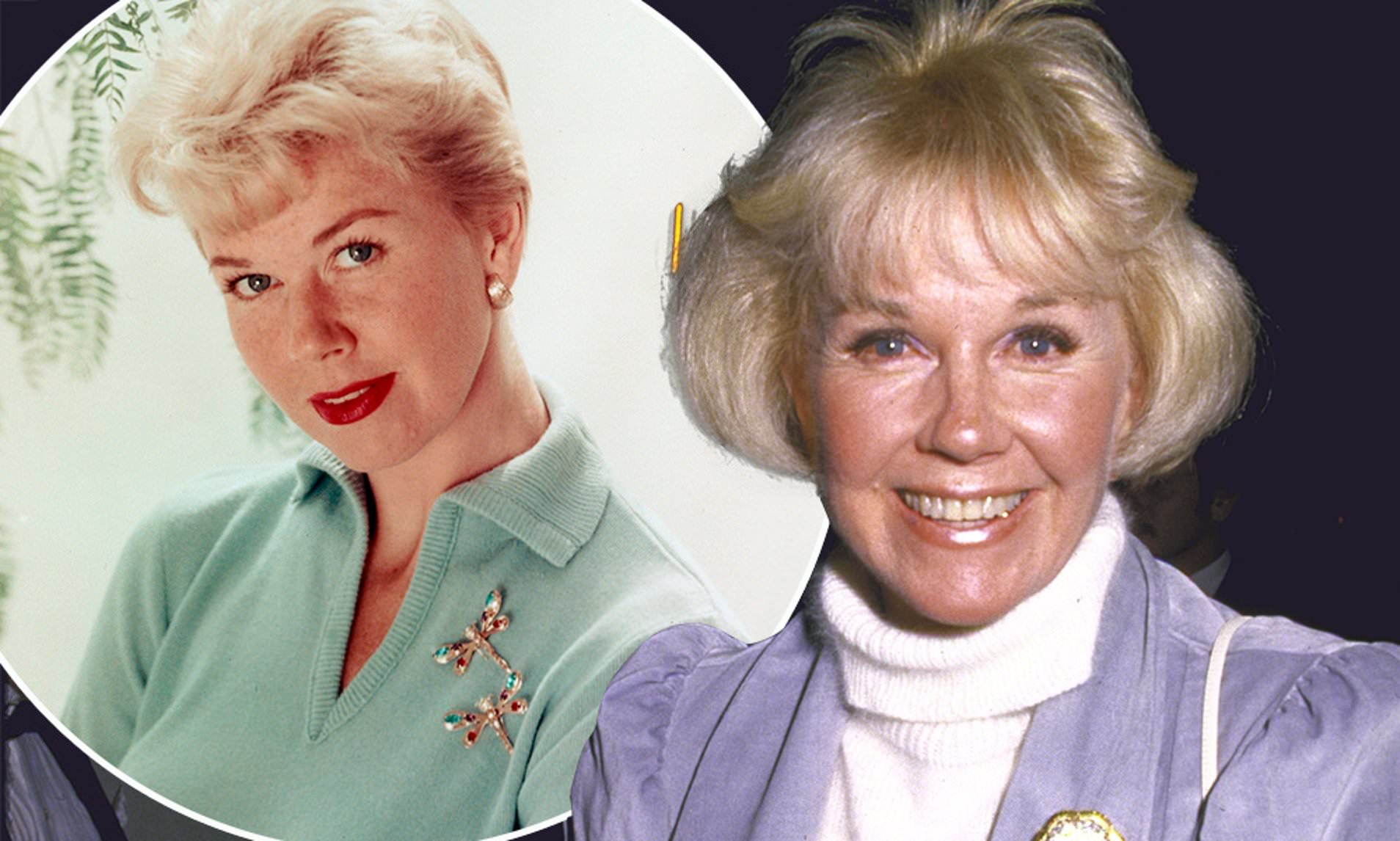
Doris Day: A Life of Grace, Privacy, and Purpose
Doris Day, a name synonymous with the golden age of Hollywood, was more than just a beloved actress and singer. Her life, filled with both triumphs and heartbreak, paints a portrait of a woman whose legacy extends far beyond the silver screen. With her passing in May 2019 at the age of 97, she left behind not just a remarkable body of work, but also a deeply personal story — one that continues to touch and intrigue fans around the world.
A Glittering Career Born from Adversity
Born Doris Mary Ann Kappelhoff in Cincinnati, Ohio, Day’s early dream was to become a dancer. However, a devastating car accident during her teenage years ended that ambition. While recovering, she discovered her voice — a gift that would launch her into a career as one of America’s most cherished vocalists.
By age 17, she was touring with the Les Brown Band, and her 1945 hit “Sentimental Journey” became an anthem for returning World War II soldiers. Her clean, melodic voice and radiant image captivated a war-weary nation and opened the door to Hollywood.
In the late 1940s, Doris made her acting debut in Romance on the High Seas. From there, her filmography expanded rapidly with timeless classics such as Calamity Jane, The Man Who Knew Too Much, and Pillow Talk, earning her an Academy Award nomination and securing her place as an icon of the 1950s and ’60s.
A Private Soul Amidst Public Stardom
Despite the glamorous persona she portrayed on screen, Doris Day led a life punctuated by personal struggle. She was married four times — each marriage marked by disappointment, abuse, or betrayal. Her third husband and manager, Martin Melcher, left her with substantial financial ruin after his death, a burden she later corrected through a lawsuit that regained $22 million.
Her only son, Terry Melcher, was a source of joy and heartache alike. He died of cancer in 2004, a loss that deepened Day’s retreat from public life. Her relationship with her grandson, Ryan Melcher, became complicated in her final years. According to Ryan, he was prevented from seeing his grandmother by Day’s manager, Bob Bashara, a painful estrangement that reportedly caused her sorrow.
A Quiet Ending, True to Herself
In one of the most unexpected parts of Doris Day’s story, she requested no funeral, no memorial, and no grave marker. It was a deliberate decision that reflected her personality: private, practical, and unromantic about death. “She didn’t like death,” her manager explained. “She didn’t want to talk about it.”
Instead of a traditional legacy rooted in monuments, Day chose a different path: one grounded in compassion. She founded the Doris Day Animal Foundation and the Doris Day Animal League, championing animal rights and dedicating her later years to advocacy rather than accolades.
Her True Legacy
Whether through Que Sera, Sera, her Oscar-nominated performances, or her relentless commitment to animal welfare, Doris Day’s influence endures. Her decision to shun posthumous fanfare didn’t diminish her memory — it only amplified the purity of her life’s message: kindness, simplicity, and authenticity.
Doris Day didn’t need a headstone to be remembered. Her life, her voice, and her heart are etched into the soul of America forever.
